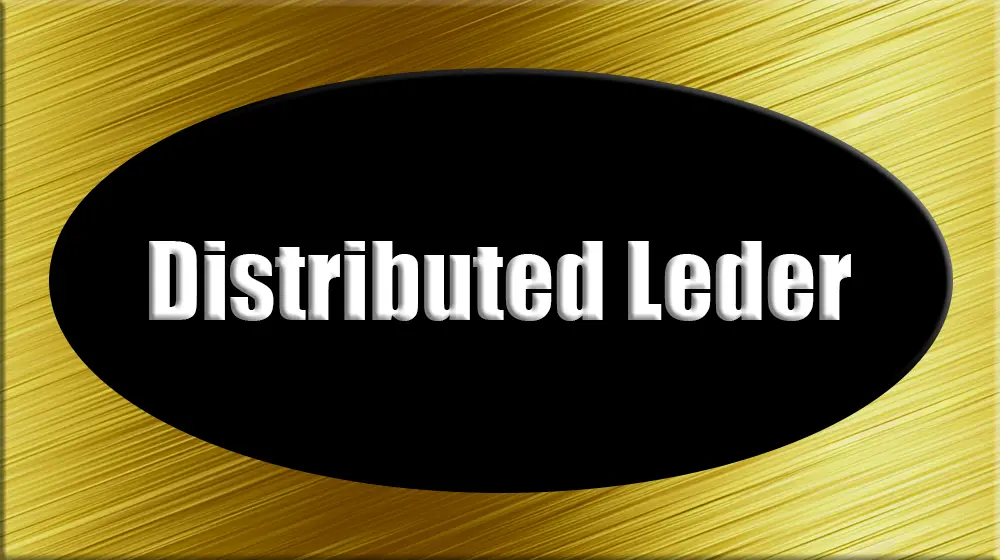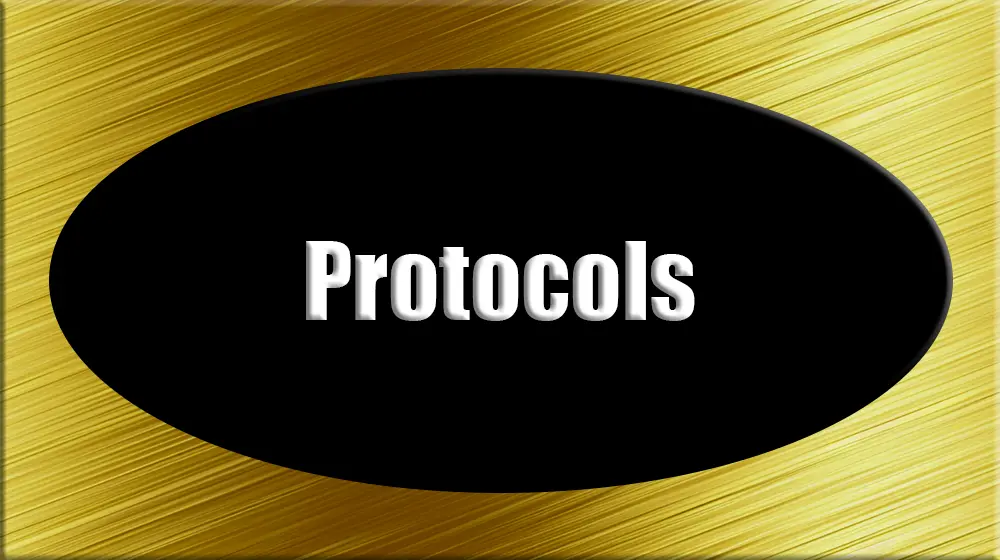Decentralized Finance, or DeFi, refers to a system of financial services and products built on blockchain technology that operates without traditional intermediaries such as banks, brokerages, or exchanges. DeFi aims to create an open, permissionless, and transparent financial ecosystem accessible to anyone with an internet connection.
Key components and features of DeFi include:
- Smart Contracts: DeFi applications use smart contracts, which are self-executing agreements with terms directly written into code. These contracts run on blockchain networks (primarily Ethereum) and automate transactions without the need for intermediaries.
- Decentralized Exchanges (DEXs): Platforms like Uniswap and SushiSwap allow users to trade cryptocurrencies directly with one another without a central authority. These exchanges use liquidity pools and automated market makers to facilitate trades.
- Lending and Borrowing: DeFi platforms like Aave and Compound enable users to lend their assets to others and earn interest or borrow assets by providing collateral. These services are automated by smart contracts, ensuring transparent and secure transactions.
- Stablecoins: Cryptocurrencies like DAI and USDC are pegged to stable assets such as the US dollar. Stablecoins provide stability and are widely used in DeFi for trading, lending, and other financial services.
- Yield Farming and Liquidity Mining: Users can earn rewards by providing liquidity to DeFi protocols or participating in various yield farming strategies. These rewards often come in the form of additional tokens.
- Insurance: DeFi projects like Nexus Mutual offer decentralized insurance solutions that allow users to protect their assets against risks such as smart contract failures or exchange hacks.
- Derivatives and Synthetic Assets: Platforms like Synthetix allow users to create and trade synthetic assets that mimic the value of real-world assets, such as stocks, commodities, or other cryptocurrencies.
- Governance: Many DeFi projects issue governance tokens, which grant holders the right to vote on protocol changes, improvements, or fund allocations. This decentralized decision-making process ensures that the community has a say in the project’s development.
DeFi has several advantages, including increased accessibility, reduced costs, and enhanced transparency. It allows users to have complete control over their assets and engage in financial activities without relying on centralized entities. However, DeFi also presents risks, such as smart contract vulnerabilities, regulatory uncertainty, and market volatility.
In summary, Decentralized Finance (DeFi) leverages blockchain technology and smart contracts to create an open and transparent financial ecosystem. It includes services like decentralized exchanges, lending and borrowing platforms, stablecoins, yield farming, insurance, and synthetic assets, providing users with innovative ways to manage and grow their assets without traditional intermediaries.




